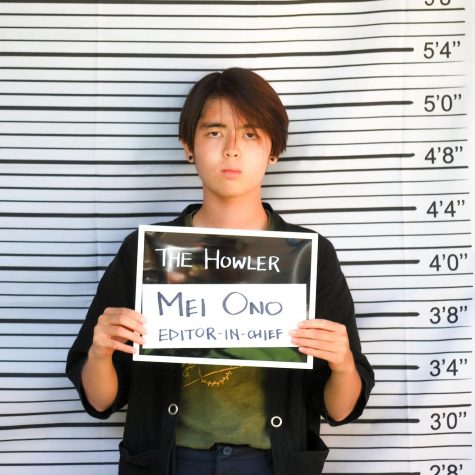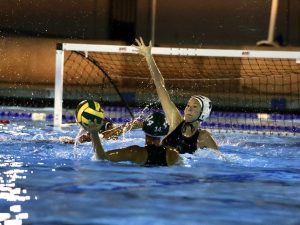Tokyo Olympics head of games replaced just five months before the start
March 8, 2021
Seven-time Olympian and now politician Seiko Hashimoto was appointed head of the Tokyo 2020 Olympics on Feb. 18 after the former head of games Yoshiro Mori resigned in the face of massive backlash over sexist comments.
The selection committee said in a statement that they had chosen Hashimoto for her knowledge of sports, understanding of gender equality, experience with international relations and more.
“I’m sure the Games are going to attract more attention related to gender equality, and in this regard I am determined to regain trust, by my fullest endeavors,” Hashimoto said.
The selection of speed-skating bronze medalist Hashimoto comes after controversy online regarding Mori’s remarks to an Olympic board of trustees that “meetings with lots of women take longer” because “women are competitive—if one member raises their hand to speak, others might think to talk too,” according to Japanese media reports.
While some claim that the appointment of a female leader is a significant milestone in achieving greater gender equality in Japan, others argue that it was a decision made simply for show in a country that ranks 121 out of 153 countries in the 2020 Global Gender Gap Index—a report by the World Economic Forum designed to quantifiably measure gender equality.
Regardless of who had been nominated as the head of games, the 2020 Tokyo Olympics committee faces the monumental task of organizing this global event amidst COVID-19. Hashimoto faces widespread public opposition against holding the Olympics, with a recent poll indicating that 80% of the Japanese public support delaying or cancelling the event.
Several measures are to be put in place to mitigate the spread of the virus, such as testing athletes for positivity at a minimum of once every four days and discouraging the audience from chanting or singing. Despite mounting concerns over safely executing the games as Tokyo is still in a state of emergency due to the coronavirus, Hashimoto remains confident in her abilities to administer a safe and enjoyable Olympics.
“Now I’m here to return what I owe as an athlete,” Hashimoto said. “I want [athletes] to perform on this stage without hesitation.”
The games are set to start on July 23 and end on Aug. 8 after a year of postponement, the first in its 124-year history.



![AAAAAND ANOTHER THING: [CENSORED] [REDACTED] [BABY SCREAMING] [SIRENS] [SILENCE].](https://thehowleronline.org/wp-content/uploads/2025/06/lucy-1200x800.jpg)



















































![AAAAAND ANOTHER THING: [CENSORED] [REDACTED] [BABY SCREAMING] [SIRENS] [SILENCE].](https://thehowleronline.org/wp-content/uploads/2025/06/lucy-300x200.jpg)
